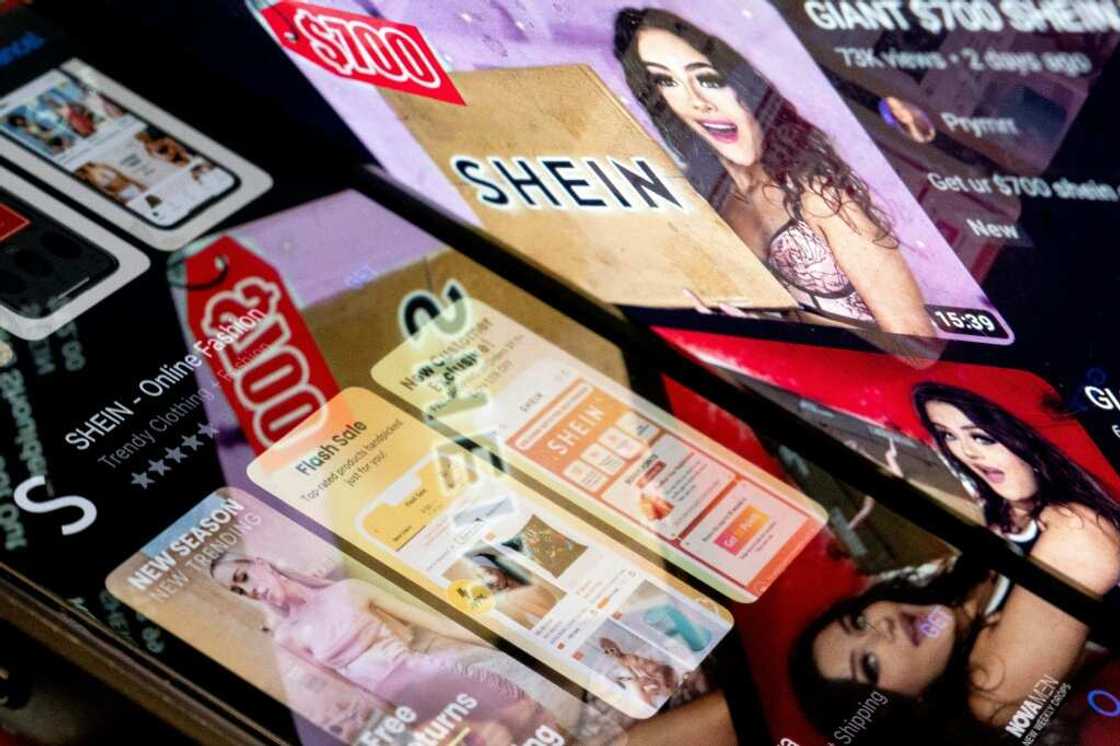US lawmakers urge scrutiny of fashion firm Shein over forced labor reports

Source: AFP
A bipartisan group of US lawmakers has urged securities regulators to require fashion upstart Shein to attest it does not use forced Chinese labor as a condition of a public offering.
Citing reports that the fast-growing discount apparel company uses cotton from the Xinjiang Uyghur Autonomous Region, two dozen members of the House of Representatives urged action from the head of the US Securities and Exchange Commission.
"Shein is aggressively raising capital and plans to execute an IPO before the end of this calendar year," they said in a May 1 letter.
"We request that you set forth regulations and mandate Shein to certify via independent verification that the company does not use Uyghur forced labor as a condition of being registered to issue securities in the United States."
The letter was organized by Virginia Democrat Jennifer Wexton and Tennessee Republican John Rose and signed by 24 House members.
A Shein spokesperson said the company has no suppliers in the Xinjiang Region and that it has "zero tolerance" for forced labor.
PAY ATTENTION: Share your outstanding story with our editors! Please reach us through info@corp.legit.ng!
"We take visibility across our entire supply chain seriously, and we are committed to respecting human rights and adhering to local laws in each market we operate in," the spokesperson said.
"Our suppliers must adhere to a strict code of conduct that is aligned to the International Labor Organization's core conventions."
Founded in 2008 in China and currently based in Singapore, Shein has been called an example of "fast fashion," utilizing TikTok and other online platforms to market its goods.
Human rights groups say the Uyghurs are subjected to mass incarceration in forced labor camps and banned from expressing their culture.
Beijing says the ethnic minority is not being repressed and that any security measures in their northwestern region of Xinjiang are a response to a terrorism threat.
Source: AFP


